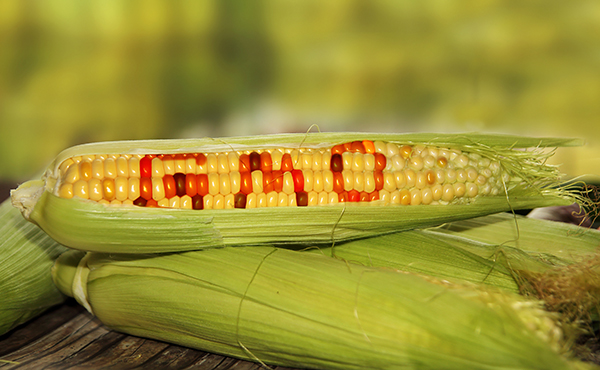
Researchers at the Institute of Environmental Biotechnology at Graz University of Technology (TU Graz) in Austria looked at microbial control – which refers to the degree of cleaning and hygiene measures – and how it affects the development of resistances. They conducted the study with national partners of the Medical University of Graz and international partners.
For the study, which was published in the journal Nature Communications, the research team compared all existing microorganisms and antibiotic resistances on surfaces of clinical settings with other built environments. They found that in areas with high levels of hygiene, microbial diversity decreases and the diversity of resistance increases.
"In environments with strong microbial control in the intensive care unit and industrially used clean rooms, there are increasing antibiotic resistances which show a high potential for combining with pathogens," explained lead researcher Alexander Mahnert, Ph.D., director of studies at the Institute of Environmental Biotechnology of TU Graz.
Their findings also suggested that a stable microbial diversity in clinical areas curbs the spread of resistance. These provide initial measures for the preventing of resistance. The research team concluded that regular airing, houseplants, the deliberate use of beneficial microorganisms, and the reduction of antibacterial cleaning agents could be the first steps in maintaining or improving microbial diversity.
"Our results highlight that the loss of microbial diversity correlates with an increase in resistance, and the need for implementing strategies to restore bacterial diversity in certain built environments," the researchers wrote.
As a further step, the team plans to develop and implement biotechnological solutions for a tailor-made microbial diversity. (Related: Germ free – the fastest way to get sick: Expert suggests that we’re too clean; lack of germ exposure is weakening our immune systems.)
What can you do?
Getting dirty isn’t the solution; it won’t help the immune system and will only make inflammation worse. Like what the TU Graz researchers found, the real problem is the loss of microbial biodiversity.
The organisms that naturally live in your gut – bacteria and worms – play a significant role in the development and regulation of your immune system, and researchers found that loss of biodiversity is linked to high rates of inflammatory disease in the developed world. Previous research also showed that people living in modern pre-industrial societies had more diverse microbiome compositions than those living in the U.S. today.
What you can do is to improve your gut microbial diversity by following a healthy diet. You can achieve a good mixture of gut bacteria very similar to that of your hunter-gatherer ancestors by adhering to a diet rich in fiber and low in processed foods. This can promote good bacteria in the gut; it might also help create an environment where new varieties of good bacteria can flourish and take root.
Fiber-rich foods, such as artichokes, beans, legumes, whole grains, broccoli, and raspberries, promote the growth of beneficial gut bacteria, such as Bifidobacteria. Taking probiotics can also improve your gut bacteria. Probiotics are live microorganisms, typically bacteria, which improve microbiota function and restore the microbiota to good health in sick people.
You can also improve your gut bacteria by eating fermented foods, such as kefir, kimchi, sauerkraut, tempeh, and yogurt. Fermenting involves bacteria or yeasts that convert the sugars in food to organic acids or alcohol. Many fermented foods are particularly rich in Lactobacilli, a type of good bacteria.
Read ImmuneSystem.news for more coverage of immune function and dealing with infections.
Sources include:
Please contact us for more information.























